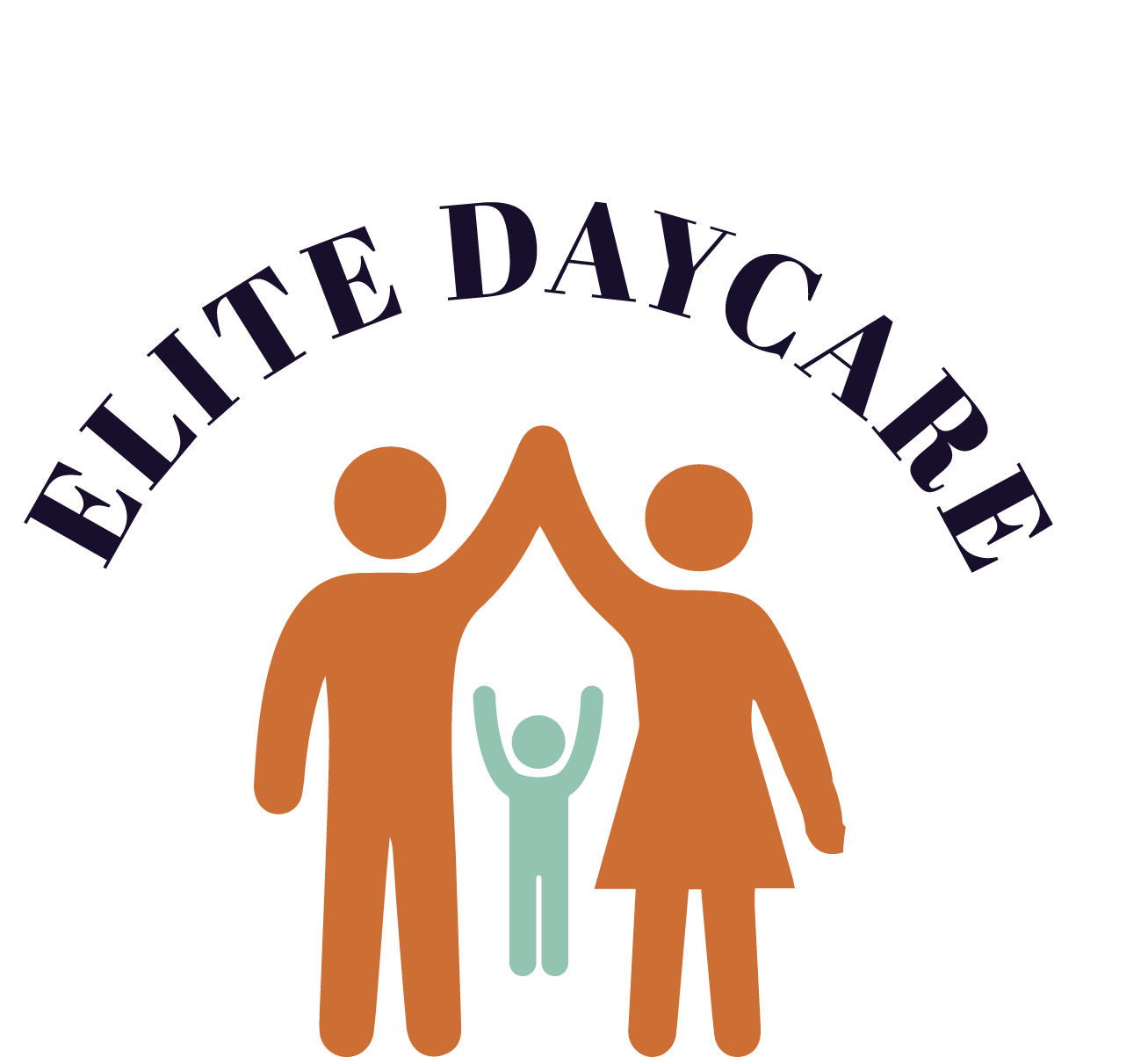How To Manage the Hitting Stage and Other Physical Toddler Behaviour
It is an inevitable stage that all young children go through, but that doesn’t necessarily make parents feel better when they’re experiencing toddler tantrums and other physical acts of aggression with their child.
At this age (generally 18 months to 3 years), children don’t always have the language skills readily available to express their big emotions verbally, and so they end up lashing out through physical means (hitting, biting, pinching, etc.). While this is not behaviour any parent wants to see their child doing, it is completely normal for this age and development level.
Despite the fact that all toddlers go through this phase, it is something you want to be aware of so you can manage and help your child work through it. Here are a few tips to help you navigate this tricky time:
Be aware
Just acknowledging that this is a reality is a huge step and one many parents don’t want to face. If you’re aware, you can actively assist your child. It does no good for anyone for you to ignore the behaviour or pretend it isn’t happening.
Monitor
When you realize your child is in this stage, it’s time to start actively monitoring their behaviour. If you notice them starting to get frustrated, be close by so you can help them through their big emotions before they get physical.
Be kind but firm
If something transpires before you can step in, which of course is bound to happen, be kind but firm in your approach. Let them know their behaviour is not ok, but also validate their feelings and allow them to talk and express themselves with you (this may be through tears and that’s ok, sometimes we all need a good cry). Let them know that hitting is an action that makes others feel bad and isn’t kind but also be comforting while they work through their feelings. A hug is always ok and doesn’t mean you’re condoning their behaviour but rather lets them know you’re there for them, reinforcing you as their safe space.
Re-enforce and model appropriate behaviour
Let them know what they should be doing instead, for example, “we use our hands for hugging” or “be gentle” while showing them how to touch someone nicely. Also be sure that you’re doing your best to express your emotions in a way that models what you’d like them to do so they can see how you react when you’re in a stressful situation.
Re-direct
Once they’ve had the opportunity to let it all out, try to re-direct them to a new activity to distract them from the previous situation that may have been frustrating them. Most times a change of scenery is all they need to move on and get back to playing happily.
At the end of the day, please remember that this is not a reflection of you as a parent. This is most parents’ biggest worry and it has nothing to do with you and everything to do with the age and stage of your child. Help them work through their big emotions in a kind, caring, sensitive and loving manner and you’ll soon be out of this stage and onto the next in no time!

